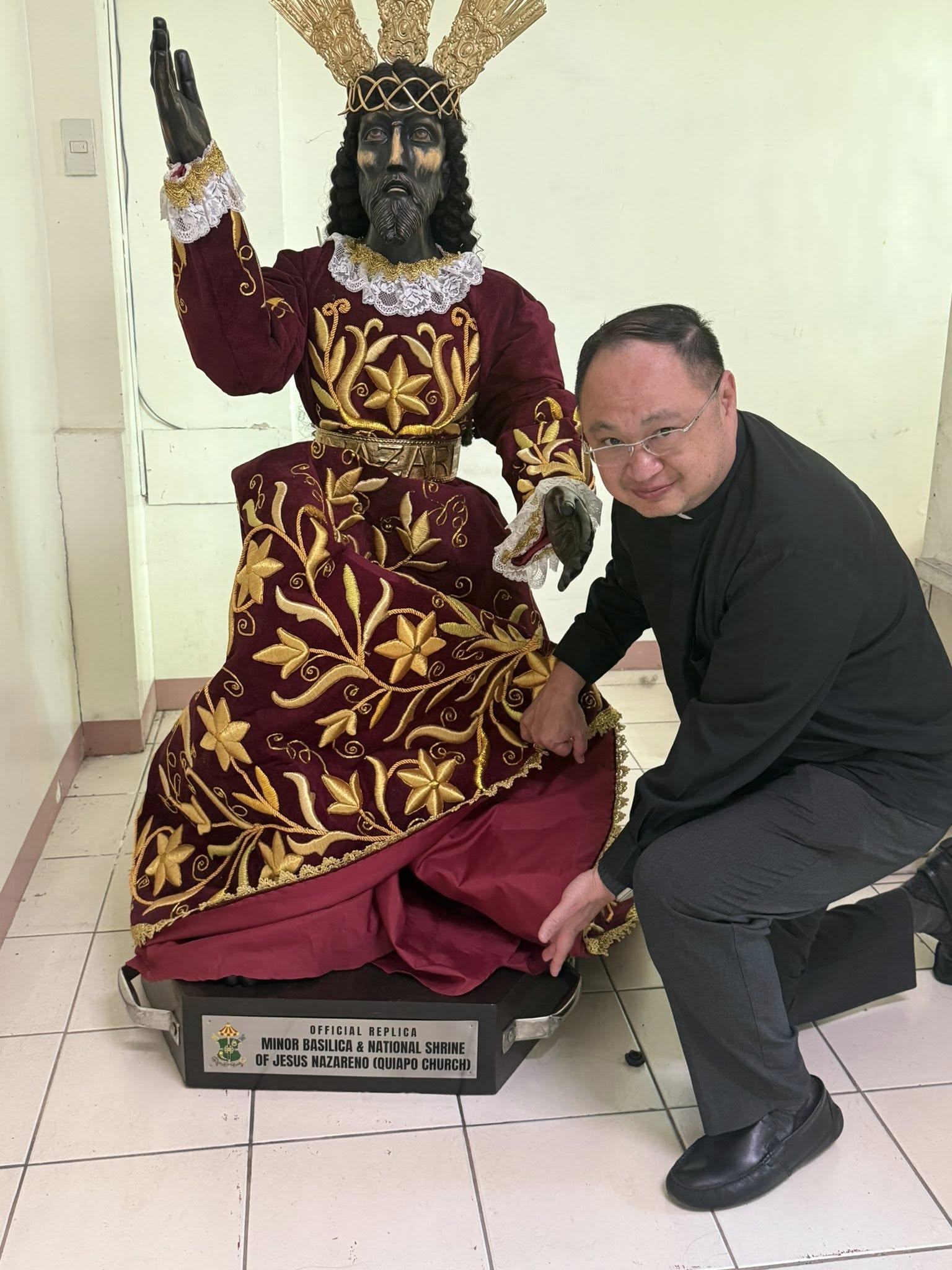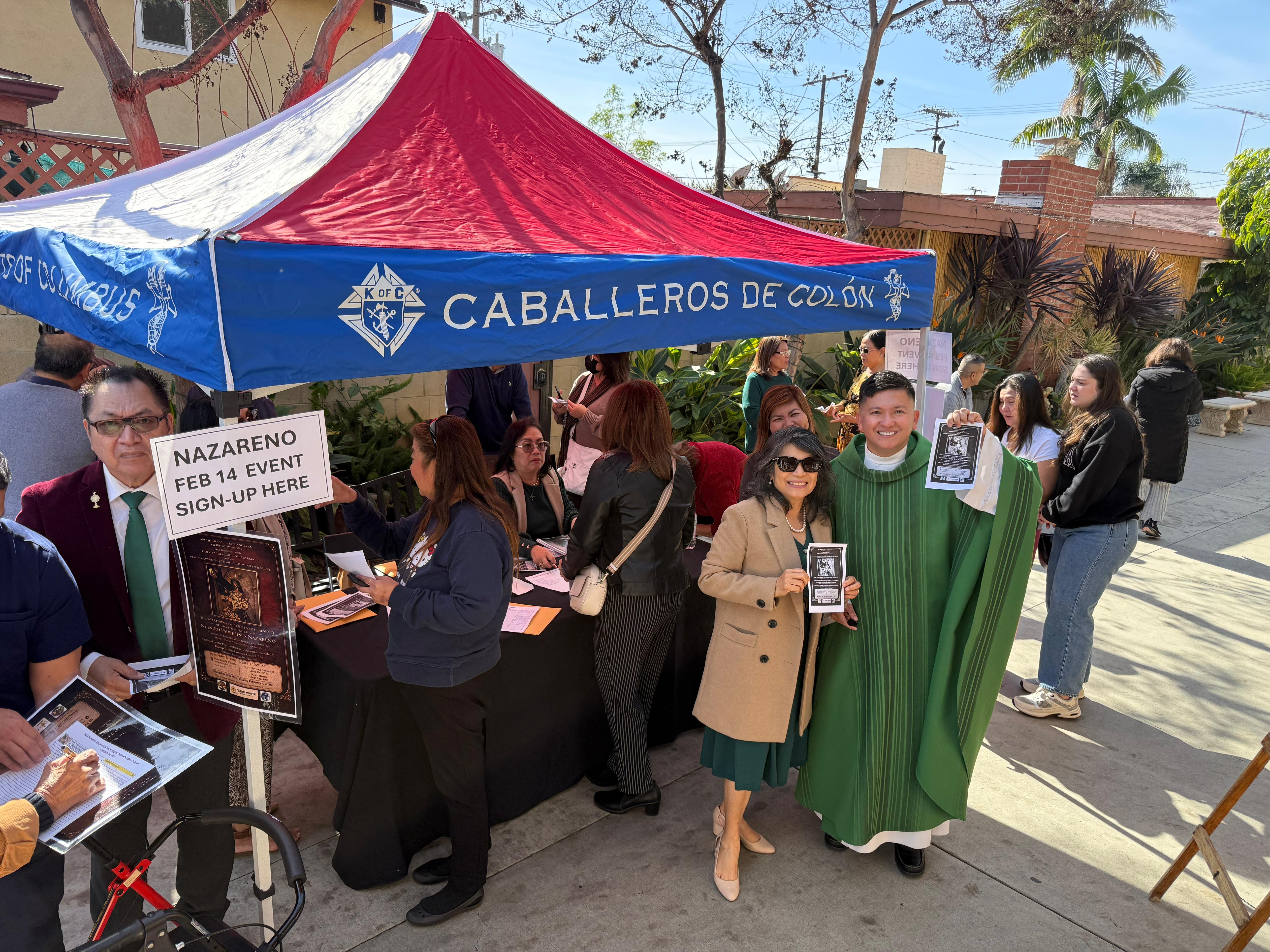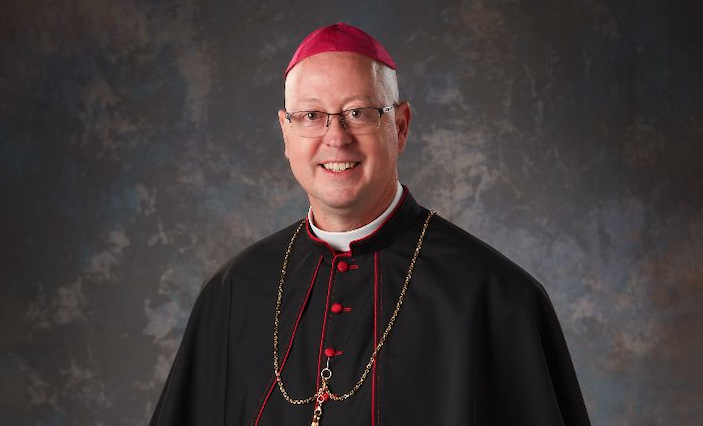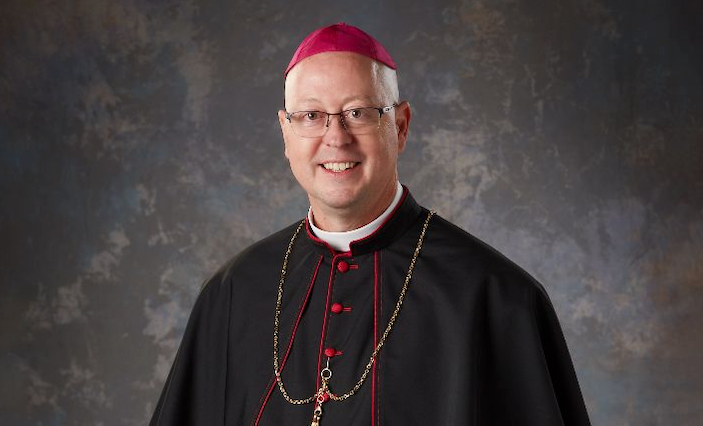
According to Pew data, the share of U.S. adults identifying as Christian is down from 2007 levels but has held steady since 2020.


According to Pew data, the share of U.S. adults identifying as Christian is down from 2007 levels but has held steady since 2020.


An official replica of Manila’s centuries-old Jesús Nazareno image has been entrusted to Holy Family Parish in Artesia, California, bringing one of the world’s largest Catholic devotions to the U.S.


The Holy Father accepted the resignation of Archbishop Samuel Aquila, the Holy See announced on Feb. 7.

